Scary Situation
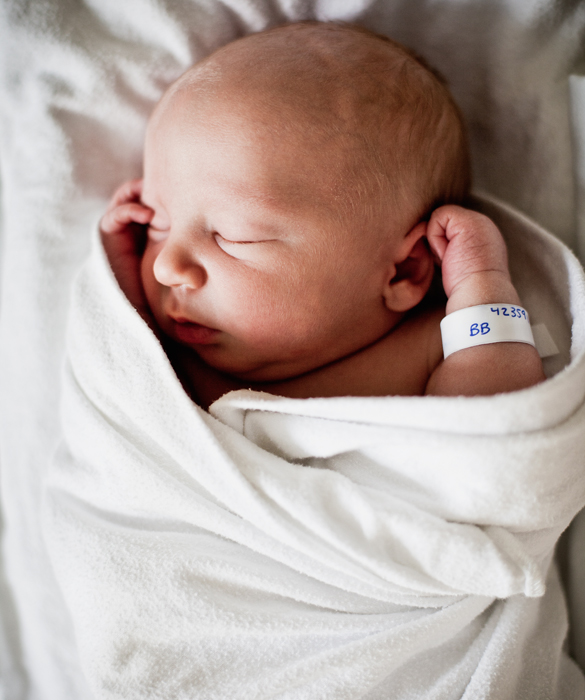
Anything that requires a trip to the emergency room with a newborn is scary. However, when you arm yourself with the right information, you can save yourself time and worry … and may even have a positive experience. While many ER trips can be avoided with a simple phone call to your pediatrician, these situations are major reasons to pack baby into the car seat and head for the hospital. And continue reading for tips on what to expect once you get to the ER.
Temperature

If your baby’s temperature reaches 100.4, he needs to be seen in the emergency room. “We always worry about infection in the first few weeks of life,” says Dr. Susan Torre, Director of Pediatric Emergency Medicine for NYU Langone Hospital. “A child this young has less ability to fight against it.”
Change in Breathing or Color
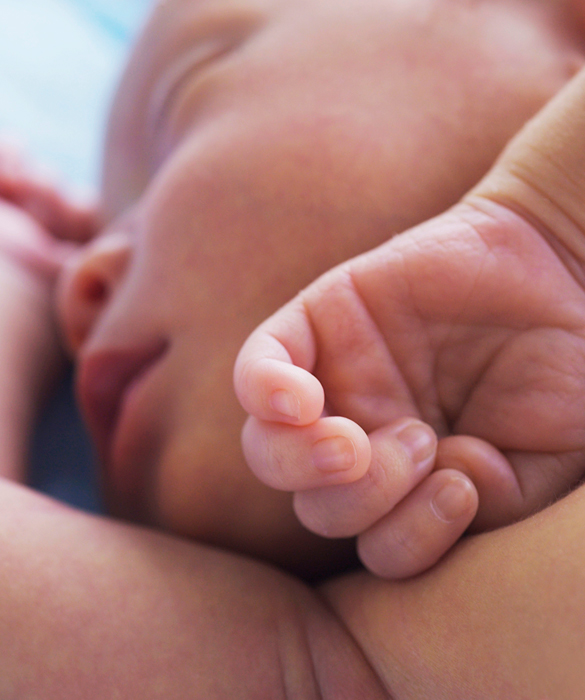
Every baby has respiratory pauses that can last up to 10 to 15 seconds, but if your newborn stops breathing altogether, bring her to a hospital immediately. “It is never normal for a baby to turn blue,” Torre says. Don't freak out if you hear snoring, though: “Babies tend to breathe more out of their noses than their mouths, and when they have snot in the nose it sounds terrible because their noses are so tiny. Suctioning can help, or saline drops. But when there's retraction—either their stomach sucking way in or the knots of their sternum becoming visible on an intake of breath—they’re having difficulty and need to go to the hospital.”
Vomiting
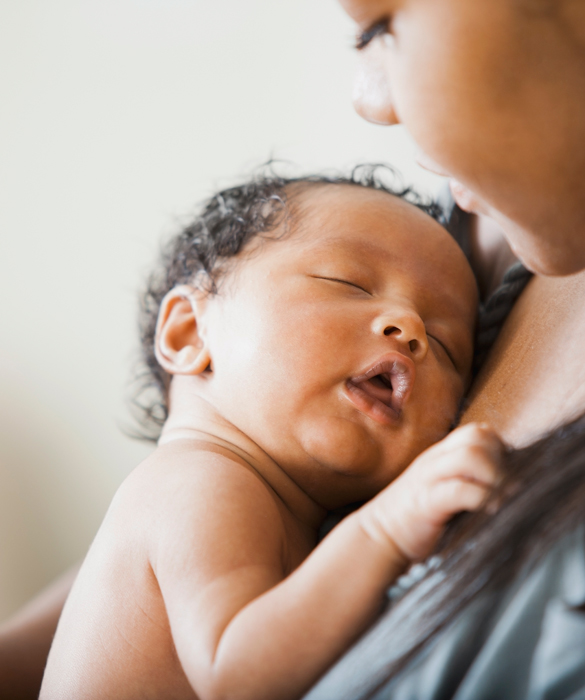
“All babies spit up,” Torre says. “But the vomit should never be dark yellow or green. This is called bilious vomiting, and it’s a sign of a significant bowel obstruction that needs to be corrected immediately.”
Blood

A newborn should never vomit or poop blood. Also, your newborn needs to be seen immediately if he gets a laceration from being dropped or bumped in any way.
Significant Change in Behavior
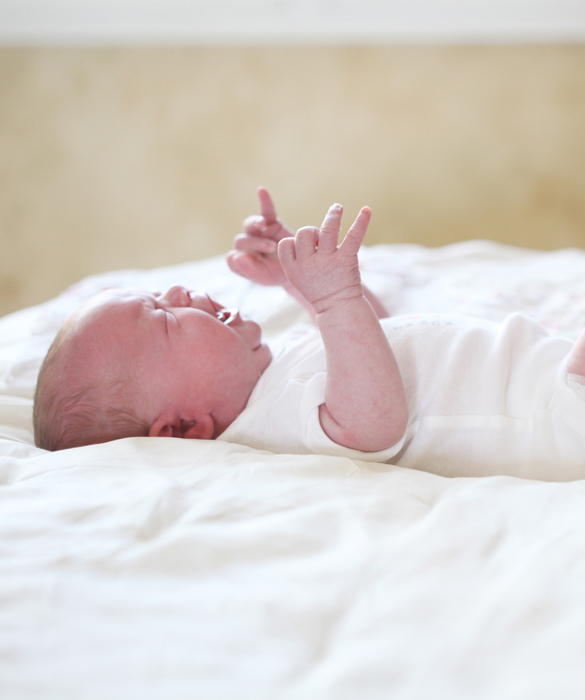
A baby’s eating, sleeping and behavior habits change a great deal during the first few weeks of life, but you may notice your newborn is suddenly lethargic, not waking for a feed, or is gray in the face. Phyllis Rabinowitz, mom of three, founded R Baby Foundation, a charity focused on saving babies' lives by improving care in emergency rooms after her daughter Rebecca was misdiagnosed with a cold in the ER. She died a few days later from a common virus that can be life-threatening in newborns. “You know your baby best,” she says. “A parent’s gut instinct is everything. If your baby is limp, sleeping differently, eating a lot less or her breathing changes, go to the ER.”
Next: 5 Things to Know When You Get to The ER
You Might Be Seen Very Quickly
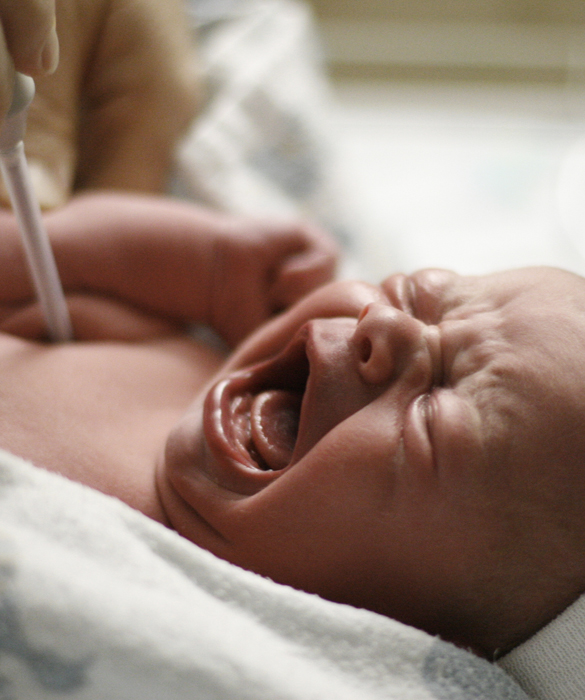
Hospitals are busy places, and having both your own and your baby's medical records can help. A doctor might ask to see the newborn test records, and you may be asked if you incurred problems during your pregnancy. Rabinowitz also encourages parents to speak up. “Sometimes a newborn can have an illness with symptoms that come and go. If your child is exhibiting alarming behavior at home you want the doctor to see, it may cease upon examination. Don’t be afraid to advocate for your baby by requesting to stay longer, so that if something happens you can ask politely for a nurse.” Torre agrees: “Some parents have video cameras on their phones, and show us footage of their baby having a seizure or another medical symptom.”
Testing
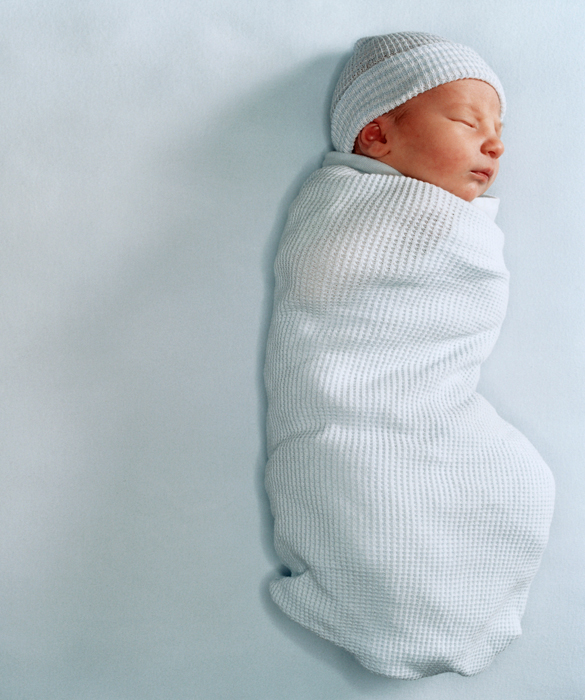
If a newborn comes into the ER with a temperature of 100.4 or above, a doctor might prescribe tests such as urine analysis, bloodwork or a spinal tap. “An infection can be very serious at a young age,” Torre cautions. “We need to do lab testing to rule out problems.”
Possible Overnight Stay
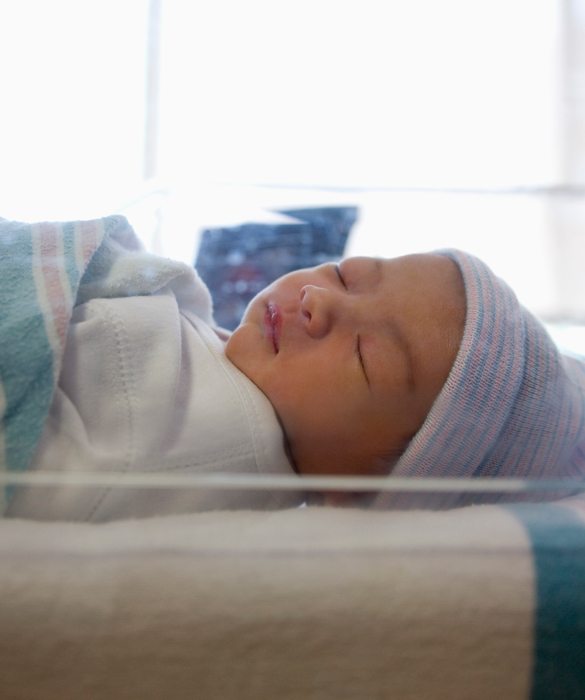
In addition to remembering your insurance and emergency medical cards, you may want a “GO” bag already packed in case your baby’s health problem warrants an overnight stay. A blanket will help keep your baby warm, since he might be undressed for examination. Other items to pack include formula or a breast pump, clothes, pacifiers and any other baby paraphernalia you use daily.
Crowd Control
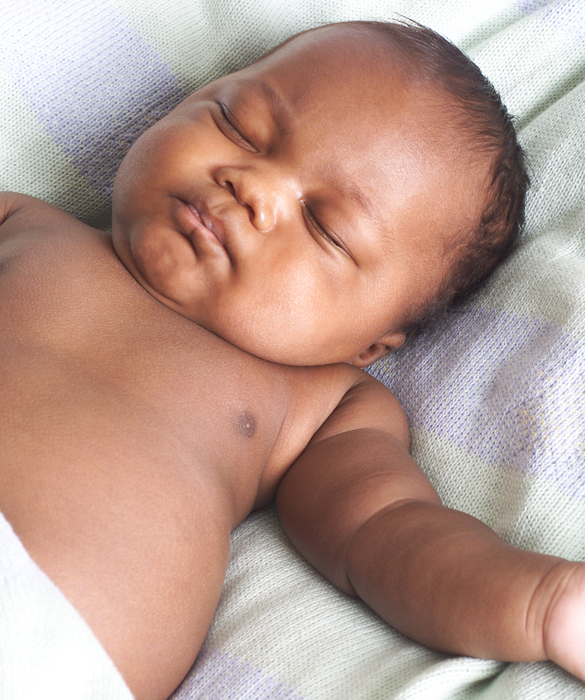
“Emergency rooms can be busy places. If you come in with your newborn and are placed in a chair next to a 4-year-old with a hacking cough, a nurse will understand if you ask to be moved,” Torre says. “Besides a cancer patient, your baby is the person most vulnerable to disease in that room.”
Siblings
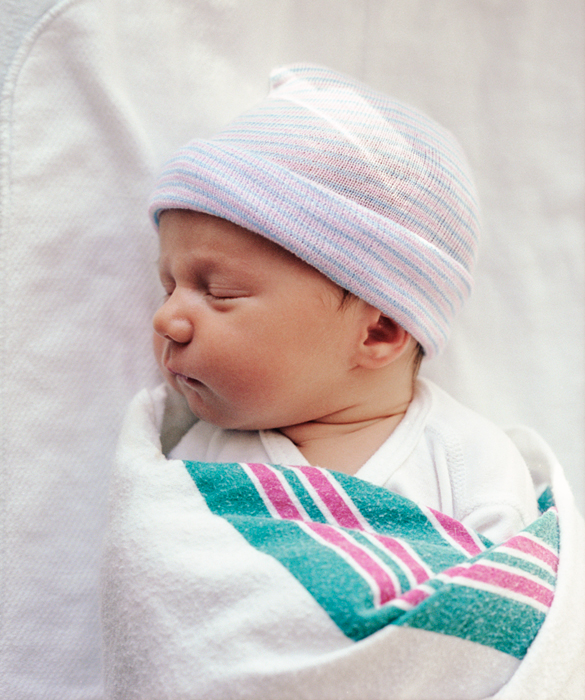
The ER isn't a good place for siblings. “Some parents don’t have a choice, and they have to bring a baby’s siblings in,” Torre says. “But if you have a family member, neighbor or friend with whom you can leave them, it is better.” She says a brother or sister might feel protective or distressed by even a simple blood test performed on a little sibling.




